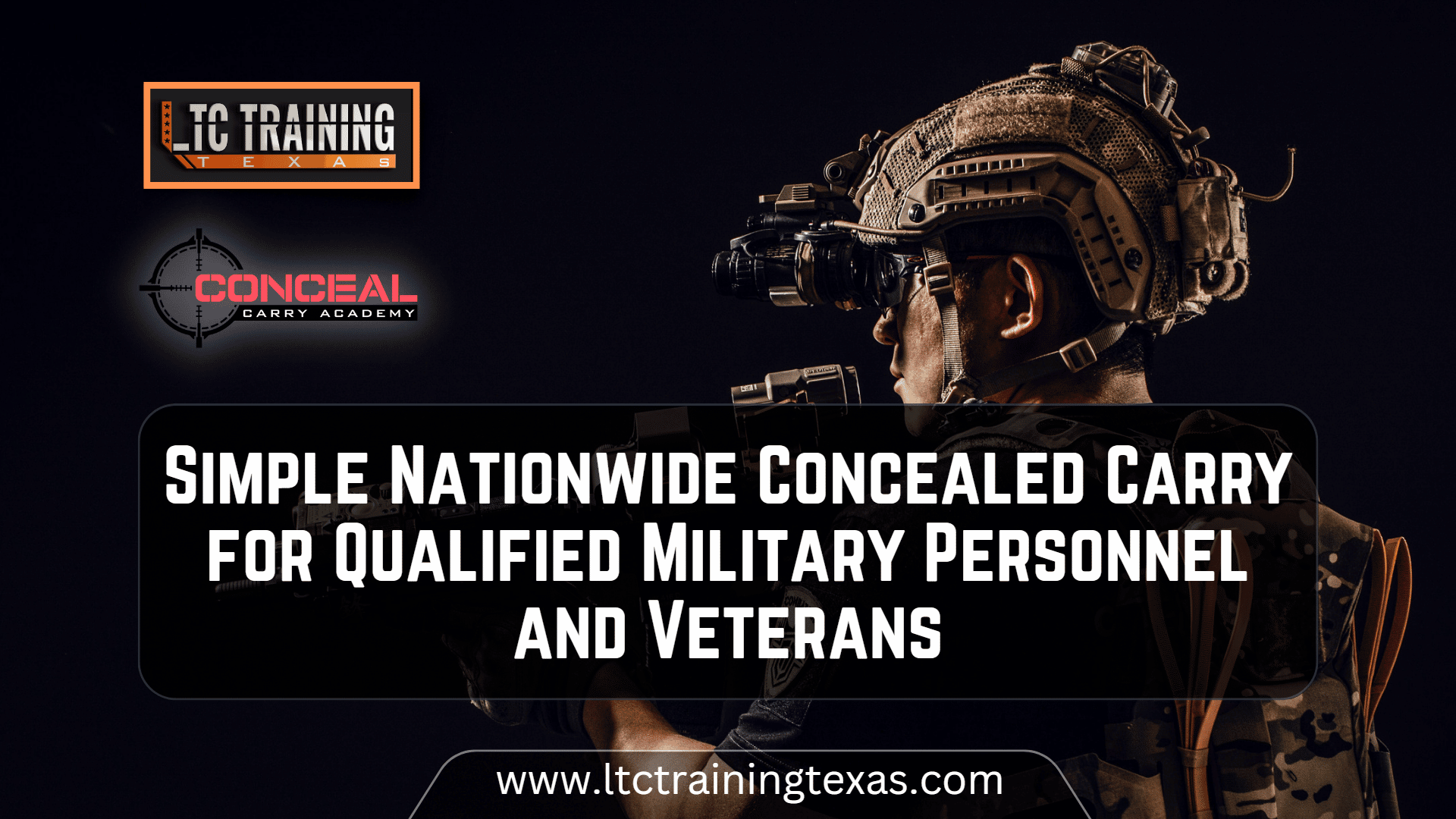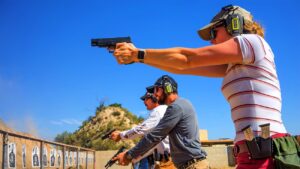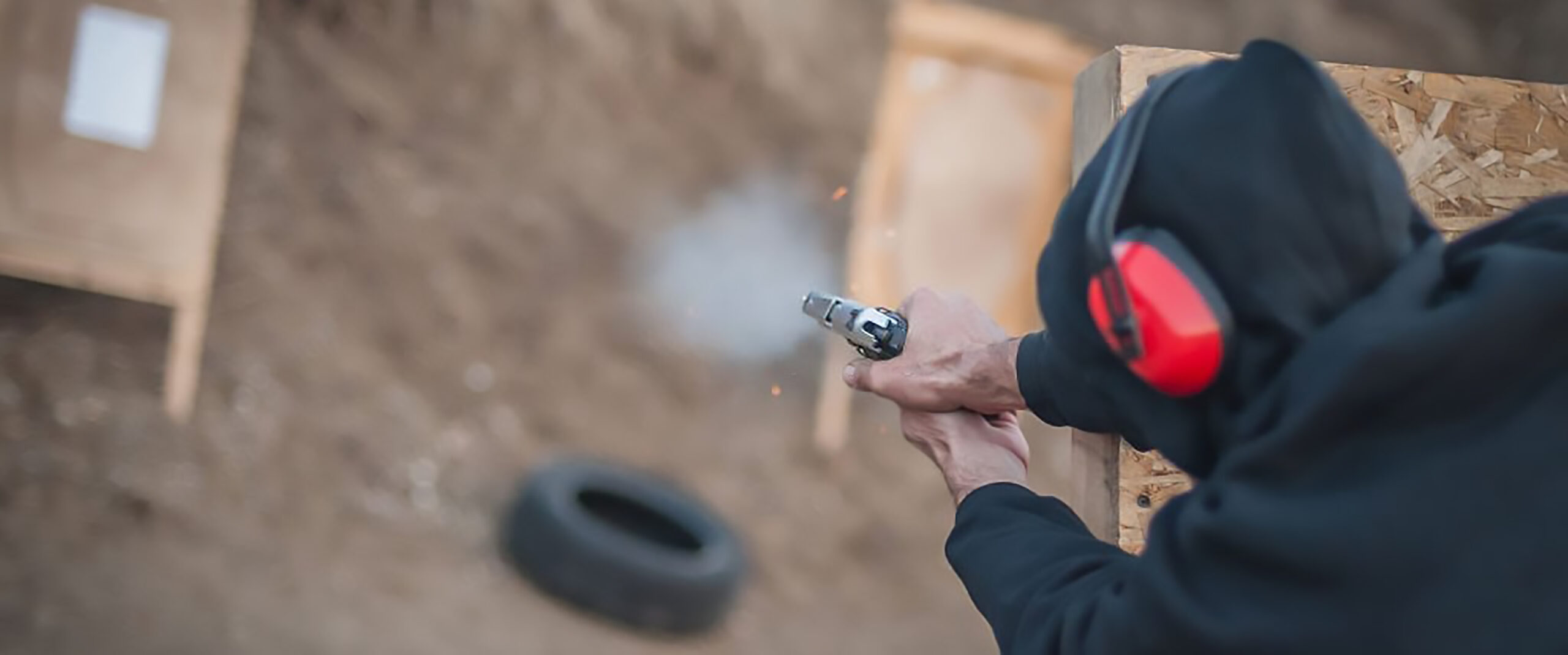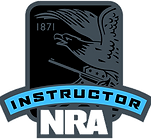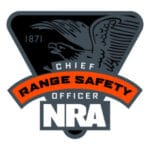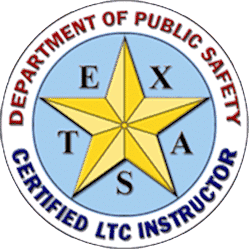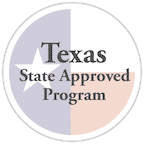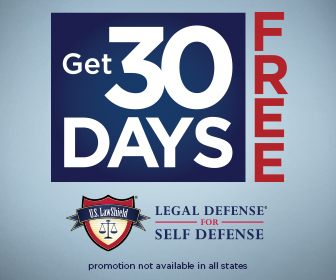Simple Nationwide Concealed Carry for Qualified Military Personnel and Veterans
I put this together to cut through the red tape with a lot of articles. Here are the numbers broke down for
Texas License to Carry for Military Service Members
If you are Active Military here is how the Texas License to Carry – Texas Concealed Carry works:
- You must complete an online or in-person class (Ours is Online and $40)
- You will have to submit documentation you are Active Duty, and latest range card
- Range is waived (Have to show you did a range qualification within last 10 years rifle or handgun)
- Texas has a $0 License fee for Active Military
- So, costs for Active Military
- License Fee: $0
- Our Online Class $40
- Fingerprint Fee through DPS Indigo $10
Total Cost for Active Military $50 plus the cost of gas to do Fingerprints.
If you are a Veteran here is how the Texas License to Carry – Texas Concealed Carry works:
- You must complete an online or in-person class (Ours is Online and $40)
- You will have to submit documentation you are Veteran, and latest range card within 10 years.
- Range is waived if did a range qualification within the last 10 years rifle or handgun.
- Texas has a $25 License fee for Veterans.
- So, costs for Veterans (Honorably Discharged)
- License Fee: $25
- Our Online Class $40
- Fingerprint Fee through DPS Indigo $10
- If you don’t have a range Qual. Within last 10 years of applying you will have to find a local range to do familiarization (most ranges, do it on the weekend, takes about an hour, all students I have talked has said range cost between $10-$25, depends on range)
Total Cost for Veterans $75 plus the cost of gas to do Fingerprints. If range is waived.
Though concealed carry laws differ from state to state, there is a federal law that many people are not aware of that allows certain people to conceal carry in all 50 states, regardless of most of the state laws.
It is known as the Law Enforcement Officer Safety Act (LEOSA) and was amended in 2013 because of the National Defense act.
People who qualify for LEOSA are known as LEOs, Law Enforcement Officers.
The idea behind LEOSA is that an LEO may never know what harm may come their way when traveling. If it ever so happened that there is trouble and an encounter is made, they should be able to defend themselves and others.
The other benefit LEOSA has is that if there is an officer who needs assistance, an LEO under the LEOSA act can aid that officer should the circumstance demand it.
LEOSA is seen as a good thing by many officials as applying to all the different state licenses and getting licensed to carry is quite impractical. Instead, if there is some sort of legislation that bypasses all of that, security can be ensured swiftly.
That is where LEOSA comes in.
However, as mentioned earlier, many people don’t know about LEOSA.
For this reason, you should be educated well on what it is because if you are an LEO and if you are ever in a situation where you are questioned as to why you are carrying concealed, you should be in a position to answer in great detail.
Otherwise, you risk having your CCW confiscated or face some consequences for not following state law.
Before we go any further, one must first know, what exactly is an LEO.
Who qualifies to become a Law Enforcement Officer?
Essentially, an LEO is defined as a Law Enforcement Officer as someone who is employed by any government agency and is essentially authorized to engage and/or supervise the following:
- The detection of any person
- The prevention of any person
- The investigation of any person
- The prosecution of any person
- The incarceration of any person
- Legal arrest or apprehension of any person violating the law
In more simple terms, anyone who has been trained and certified by the state to do what was stated above can technically be defined as a Law Enforcement Officer.
The term Law Enforcement Officer was purposely kept vague, so it is hard to determine who classifies as one or doesn’t.
By the current definition derived from this legislation, active service military members are also technically a Law Enforcement Officer making them applicable to LEOSA.
LEOSA Restrictions
Despite all the benefits the LEOSA legislation may provide those who are applicable to put it into practice, it should not be considered a gold pass to do anything.
Earlier, it was mentioned that the LEOSA bypasses state laws and regulations, this was about the state’s rules and regulations regarding the act of conceal carrying a firearm.
Now, with LEOSA, an LEO can carry a concealed firearm across state borders with technically no legal issues, but when they do travel to any state in the
United States, they are mandated to follow the laws of that state regarding what they can do with that concealed carry weapon.
For example, if an LEO is temporarily intoxicated or is under the influence of a substance, then they cannot carry any sort of firearm concealed whatsoever.
Another limitation under LEOSA is that an LEO cannot carry other weapons such as silencers or machine guns. Also, they cannot carry destructive devices defined being grenades, rocket launching devices, etc.
These are not allowed and require actual licensing to possess and carry. You would have to refer to the laws and regulations of the state to find out as laws would differ on a state-by-state basis.
Also, LEOSA does not override the state or local regulations which restrict where the carry of concealed weapons is not allowed.
Such places include:
- Schools that restrict firearm possession on the property (If the firearm is secured and, in a case, away from view in a vehicle, it may be allowed)
- Religious institutions and/or places of worship
- In a stadium or during a professional sporting event.
- State and national parks (***Not Forest***)
- Any area used for education and schooling or vehicles that transport school students (Any age group)
- During a meeting involving governmental groups.
- In a business where alcohol is one of the main streams of income (more than 50%) Usually they have firearm prohibited signs (e.g., Bars )
- An area or institution offering healthcare (e.g., Hospital)
- An institution that holds criminals (e.g., Prison, detention center)
- Any area in which you are under the influence of an intoxicant that disrupts your mental, cognitive, and judgment ability. (e.g., Alcohol)
- When involved with a gang or in illegal activity
- In an area where a death sentence of a criminal is taking place
- Anyplace of voting during the election period
- Portions of the airport that are secured off
- Areas that are used for court activities
- In any place of business unless either firearm is secured and tucked away in your vehicle or if you have been granted permission by the current owner/employer of the business.
- Any property that includes a sign restricting possession of any firearm
- Any place which the federal law has banned (See DPS website for more details)
One must understand that the purpose behind LEOSA is to provide security for individuals in all places at all times. It should not be taken as a free pass to disregard everything and do whatever you want.
Doing that could potentially terminate you from being applicable to LEOSA.
Summing it all up
To put it in a nutshell, it is important for you to know the details in terms of what LEOSA permits and forbids. Generally, many do not even know what LEOSA is, and many states say that they do not recognize LEOSA.
This means in the event you are traveling from state to state, you most likely will be breaking a local or state concealed weapon law and you may be charged.
However, if you are not breaking any rules mandated by the LEOSA legislation, these charges can potentially be dismissed.
Another common situation is if you encounter an officer who by state law is legally stopping you from conceal carrying in the state.
More than likely, the officer doesn’t know.
Some basic knowledge and fluency in the legislation can save you a lot of trouble.
But that can only happen if you know the details, that’s why it is very important to learn about LEOSA.
By investing time in learning the finer details of the LEOSA Federal act, you can protect yourself and others, all while facing fewer restrictions and saving your time.

